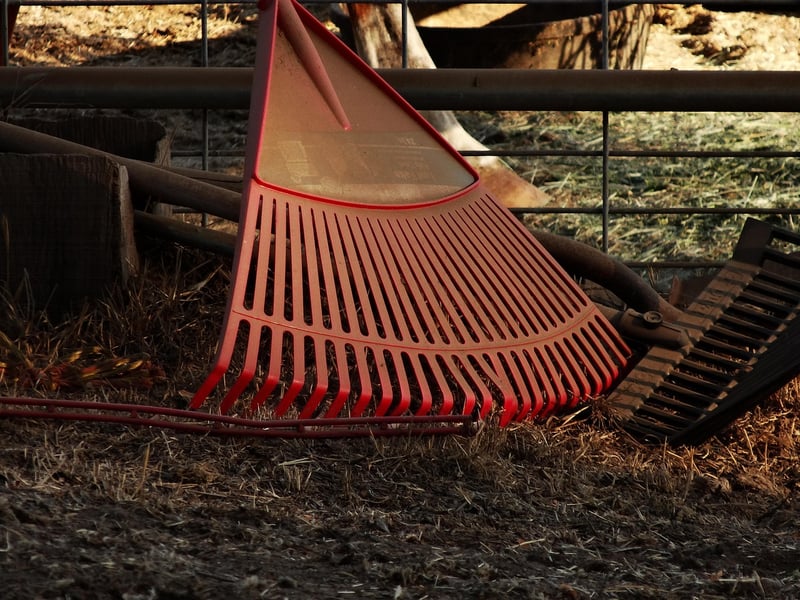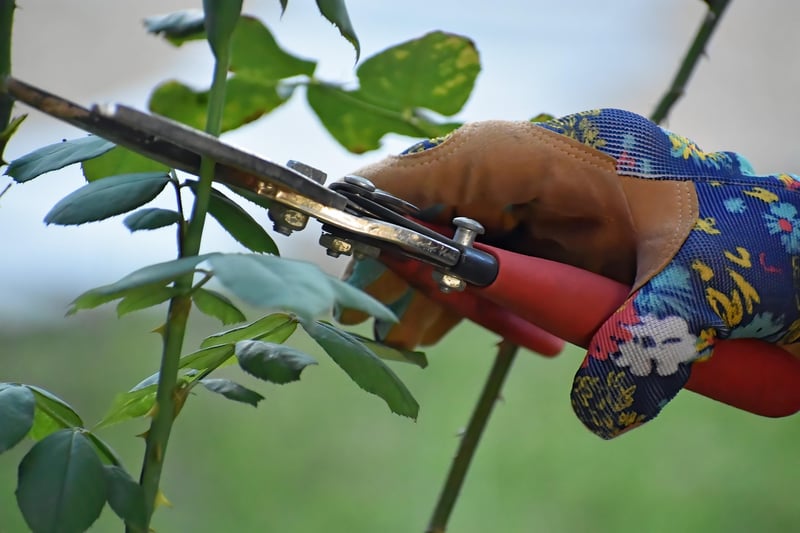Pruning Techniques
Guidance for Healthy Plants and Pruning Techniques
Introduction to Plant Care
Having healthy plants not only adds beauty to your surroundings but also contributes to a healthier environment. Proper plant care and pruning techniques are essential for the well-being of your plants.
Watering and Sunlight
Water your plants regularly, ensuring that the soil is moist but not waterlogged. Different plants have varying sunlight requirements, so place them in areas where they can get adequate sunlight based on their specific needs.
Fertilizing and Soil Quality
Use appropriate fertilizers to provide essential nutrients to your plants. Additionally, ensure that your plants are potted in quality soil that allows for proper drainage.
Pruning Techniques
Pruning is a crucial aspect of plant care that helps promote growth, improve plant shape, and remove diseased or damaged parts. Here are some pruning techniques to keep in mind:
1. Deadheading
Remove dead flowers to encourage new growth and prolong blooming periods.
2. Thinning
Thin out crowded branches to improve air circulation and sunlight exposure, reducing the risk of disease.
3. Heading Back
Cut back stems to promote bushier growth and maintain the plant's shape.
4. Rejuvenation Pruning
For older plants, consider rejuvenation pruning by cutting back old branches to stimulate new growth.
Tools for Pruning
Invest in quality pruning tools such as pruning shears, loppers, and saws to make clean cuts and prevent damage to the plants.
Conclusion
By following these plant care and pruning techniques, you can ensure the health and vitality of your plants, creating a beautiful and thriving garden or indoor space.

For more detailed guidance on plant care and pruning techniques, consult with your local nursery or gardening expert.
